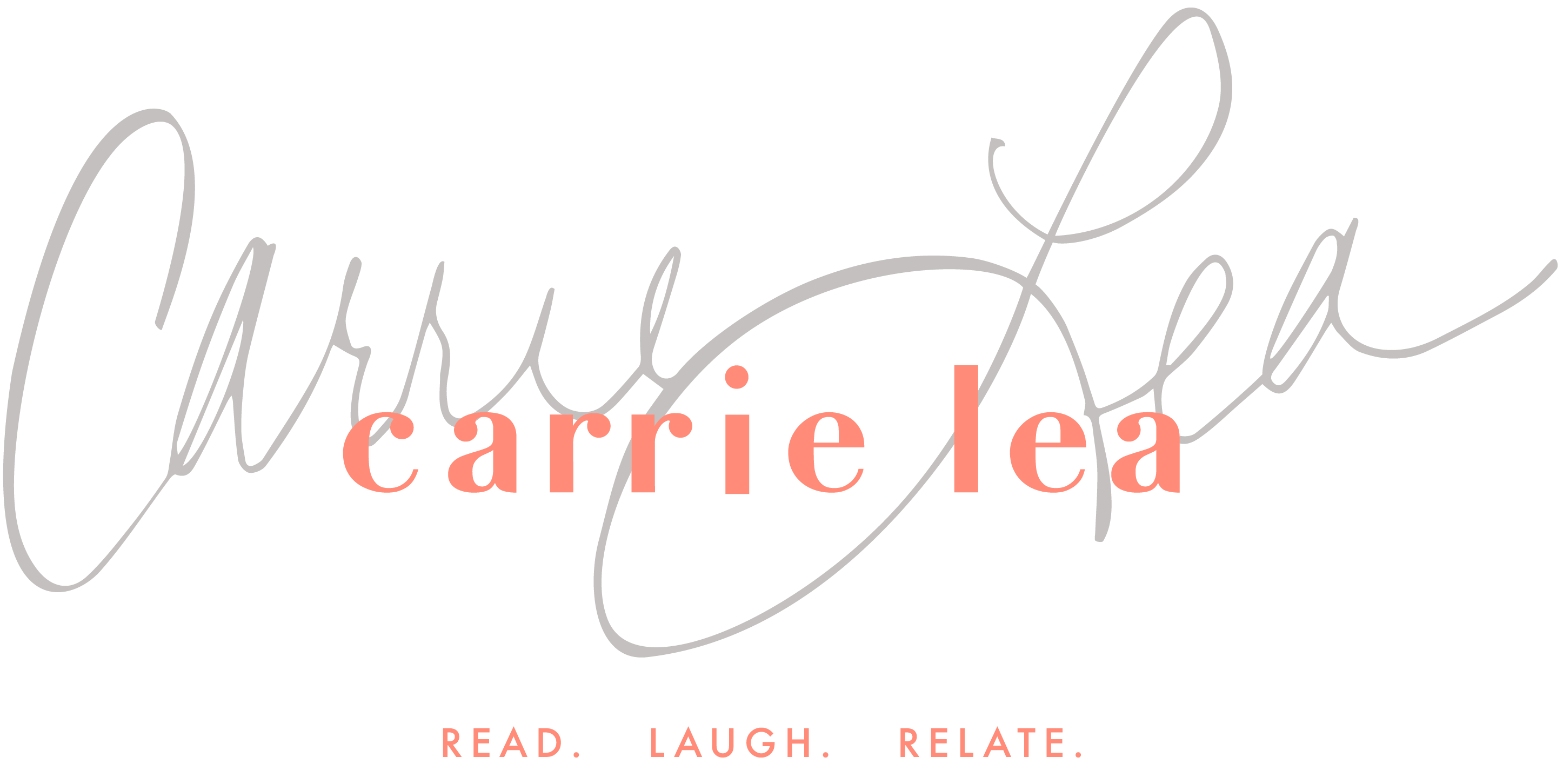“Hi, Meg!” I waved my hand slightly in her face to catch her attention. It felt silly to wave to a coworker while balancing a salad bowl and fork in my other hand. Still, I was so surprised that Meg was about to walk right past me as if I didn’t exist when we recently had a full-blown strategic conversation yesterday about inclusive leadership development.
“Huh,” her face searched mine before she gave a fast follow, “Hey Abigail!” Her eyes brightened with recognition. “I-I didn’t recognize you.”
Her eyes roamed my face and zeroed in on my hair. I was wearing my bob straight today instead of a curly style.
I decided to throw her a bone.
“Yeah, my hair is different.”
“Yes!” She took my response as an invitation to grab my arm and scoot in closer. I shifted my salad away to keep her from breathing on it. “That’s what it is. I had no idea that was you.” She smiled and continued to let her eyes roam over my hair.
Meg was a face talker. I could see dried spots of something on the lens of her glasses. It was as if she came in from the rain even though it was a bright, sunny day in San Francisco’s financial district.
I was two seconds away from saying something snarky like, “Right because there are tons of tall, dark-skinned Black women walking around this office. You must have mistaken me for one of the fifty others.” Instead, I simply said, “Mmm, I get that a lot.” She smiled and I swear I heard her release a sigh of relief.
Feeling awkward and no longer wanting to make small talk, I smiled too big and waved (again) before heading to the elevators. I’d eat my salad and think about all the witty comebacks I should have responded with.
Honestly, as a fellow person of color, but of the southeastern Asian variety, I expected more from Meg. Especially after she exclaimed just days before how “us brown girls must stick together.”
Even before COVID changed the ways of working for our company or seeing one another more than we saw our only family members, I was used to my white coworkers looking through me or acting as if a change in a hairstyle was such an earth-shattering difference in appearance that they couldn’t notice me or be bothered to speak in the elevator. But for some reason, I wanted Meg to be different.
Since returning to the office three days a week, there were fewer leaders of color and that pool dwindled even more when looking at the females within that pool. Everyone had not yet adapted to face-to-face meetings, and some people looked different in person versus on a screen. I expected that adjustment.
Now that we were consistently in one another’s face or passing one another in the hallway, I thought the recognition and dare I say, belonging, associated with being in proximity would return.
Silly me.
Maybe I’m just being too sensitive. Maybe Meg had something on her mind and just . . . didn’t see me?
And maybe, feeling invisible- hairstyle change or not – has run its course.

